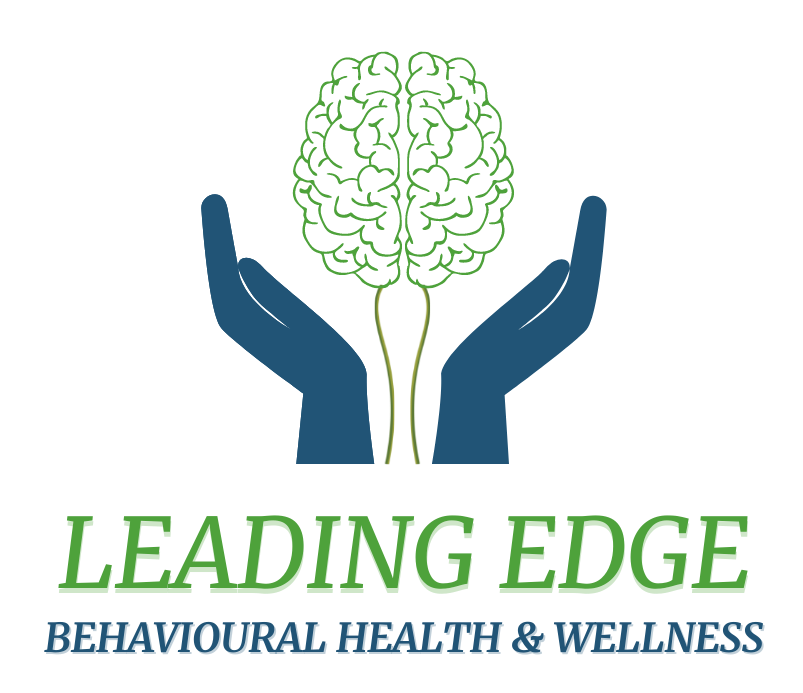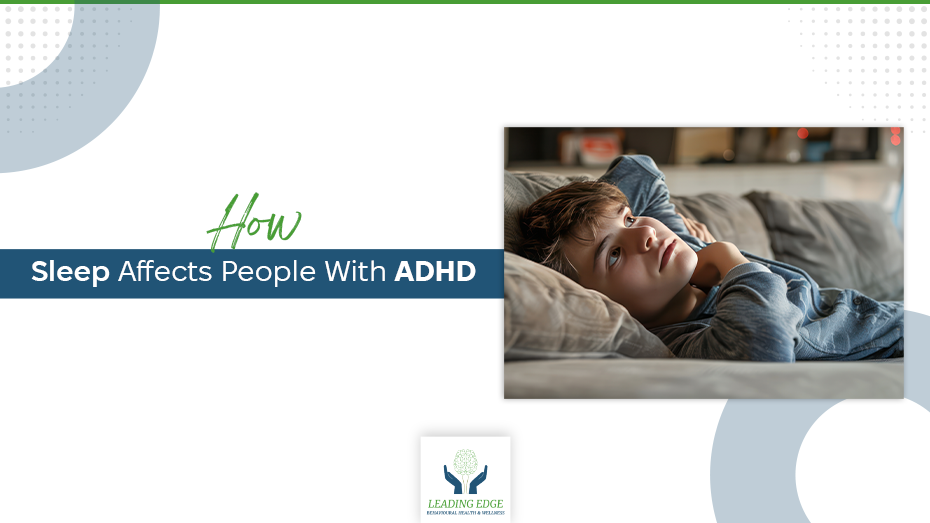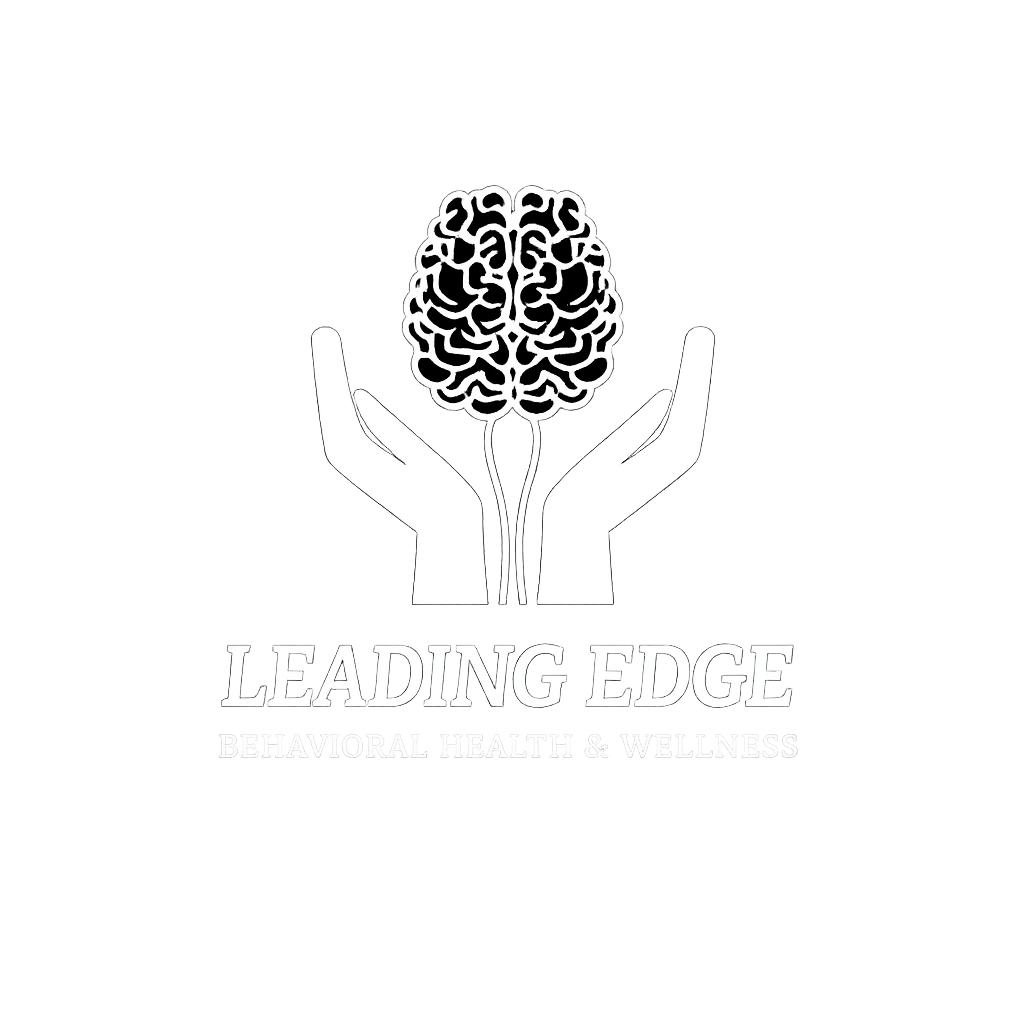Sleep is essential for everyone. Resting the body and keeping the brain active is what sleep is all about. It is a tricky issue for ADHD (Attention-Deficit/Hyperactivity Disorder) patients.
Falling asleep, staying asleep, and waking, based on many children and adults who have ADHD, often proves problematic.
Below, we will explain how sleep affects people with ADHD, why good sleep is hard to achieve, and tips to improve sleep.
What Is ADHD?
ADHD stands for Attention-Deficit/Hyperactivity Disorder. With ADHD, people often:
- Struggle to focus
- Feel restless or hyper
- Act impulsively
ADHD is not a behavioral choice. Its mode of functioning is by the brain. It impacts school, work, and everyday experiences. With the proper support, individuals with ADHD can lead happy lives.
At Leading Edge Behavioral Health, we diagnose and treat ADHD via Initial Psychiatric Evaluations and management of medications. Our staff collaborates with the client to plan a personalized treatment approach.
Why Is Sleep Important?
Sleep helps the brain clean itself, remember information, and maintain calmness. When you sleep well, you can:
- Improves concentration in learning or work
- Makes one feel content rather than irritable
- Supports decisions
- Promotes health
Without sleep, everything becomes a tough fight. You may feel fatigued, moody, and unmindful. For those with ADHD, this becomes a great challenge.
Common Sleep Problems in People With ADHD
Here are some common sleep disorders that an individual suffering from ADHD may experience:
-
Trouble Falling Asleep
As thoughts go racing, people with ADHD stay awake when the mind can’t come on board and calm down to normal.
-
Being Awake Too Often
They sometimes sleep for short periods but wake up again and find it difficult to go to sleep within seconds.
-
They feel tired in the morning
Waking up sometimes may be due to exhaustion, such as going to school/work late.
-
Sleep on Delay
Sleep way too late while the other hears and feels sleepy, such as not getting tired until 2 a.m., but needing to wake at 7 a.m.
Leading Edge Behavioral Health provides guidance and treatment for delayed sleep issues. Our Bariatric Psychiatric Evaluation services assess factors that may affect sleep quality.
How Sleep Affects People With ADHD?
Many individuals with ADHD experience poor sleep. This can worsen ADHD symptoms, making focus even harder. Poor sleep can:
- Lower attention span
- Increase hyperactivity and impulsivity
- Increase anxiety and depression
- Make emotional regulation harder
- Lead to careless mistakes
The cycle of poor sleep is an equally damaging partner with ADHD. The disorder worsens sleep, and lack of sleep aggravates the disorder.
What Causes Sleep Problems in ADHD?
The sleep problems in ADHD originate from several factors:
-
Brain Differences
The ADHD brain may find it difficult to be calm at night.
-
Too Much Exposure to Screens
Having screen time before bed keeps the brain awake for longer.
-
No Sleep Routine
People with ADHD may forget to keep a bedtime routine, making it difficult for them to sleep on time.
-
Worries or Anxiety
Some people with ADHD may feel stressed or anxious and prevented from sleeping.
Tips to Improve Sleep With ADHD
Effective practices exist to improve sleep. They are helpful:
-
Set a Consistent Sleep Schedule
Go to bed and wake up at consistent hours each day, including weekends. It helps regulate the body clock.
-
Create a Calming Bedtime Routine
Try calming activities, like reading or enjoying a warm bath, to signal your mind to relax.
-
Turn Screens Off
This might be the toughest one of all: no screens an hour before bed. The blue light emitted from the screens inhibits melatonin production and can thus keep the brain awake.
-
Optimize the Sleep Environment
Keep the bedroom calm, dark, and quiet. Consider blackout curtains or a white noise machine
-
Use a Weighted Blanket
Weighted blankets provide nighttime calm to certain people with ADHD.
-
No More Caffeine in the Afternoon
In general, caffeine stays in our systems for hours. Skip the coffee, soda, and energy drinks after mid-afternoon.
Providers at Leading Edge Behavioral Health help patients integrate these strategies into their treatment plans.
Should Medicine Be Used for Sleep?
Some ADHD medications, especially stimulants, can disrupt sleep if taken late. If sleep issues persist, a doctor might:
- Change the timing or dose of ADHD medication
- Suggest melatonin or other natural sleep helps
- Prescribe sleep medications if necessary
Always consult a health advisor before starting or stopping any medication or supplement.
Leading Edge Behavioral Health tracks medication use to fulfill your sleep requirements. The Medication Management services at our facility modify ADHD medication schedules and dosages to help reduce sleep disturbance.
Can Therapy Help?
Yes! Both children and adults can develop better habits through therapeutic assistance. Therapy sessions help people manage anxiety and stress problems that hinder sleep patterns.
CBT-I (Cognitive Behavioral Therapy for Insomnia) stands as a practical method where patients learn to modify their sleep-related thoughts and actions.
ADHD Sleep Quality Tips for Parents
If your children have ADHD, you can help by:
- Following a calming bedtime routine
- Praising them for adhering to the sleep schedule
- Keeping their room quiet and cozy
- Consulting their doctor if sleep issues persist
Final Thoughts
The poor sleep exacerbates symptoms of ADHD, and conversely, ADHD disturbs sleep. With the right tools and routines, better sleep is possible.
If you or someone you care for has ADHD and faces sleeping problems, Leading Edge Behavioral Health can assist.
We are familiar with the specific problems that ADHD brings. Our team offers personalized evaluations and tailored treatment plans. Contact us today.
FAQs
Q: Why do people with ADHD find it difficult to fall asleep?
They regularly engage with ideas at night, making it hard to relax.
Q: Does melatonin help people with ADHD sleep better?
Melatonin may support various individuals, but taking it alongside a health specialist’s counsel is recommended.
Q: Are there any effects of ADHD medications on sleep?
Yes, especially with the stimulant medications taken late in the day. Talk about timing or alternatives with your doctor.



